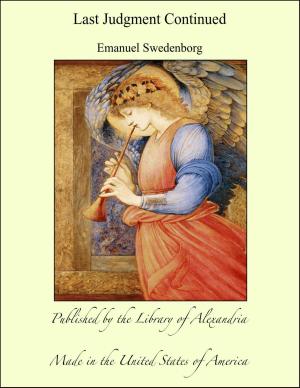Myths and Folk-tales of the Russians, Western Slavs, and Magyars
Nonfiction, Religion & Spirituality, New Age, History, Fiction & Literature| Author: | Jeremiah Curtin | ISBN: | 9781465604347 |
| Publisher: | Library of Alexandria | Publication: | March 8, 2015 |
| Imprint: | Language: | English |
| Author: | Jeremiah Curtin |
| ISBN: | 9781465604347 |
| Publisher: | Library of Alexandria |
| Publication: | March 8, 2015 |
| Imprint: | |
| Language: | English |
I remember well the feelings roused in my mind at mention or sight of the name Lucifer during the earlier years of my life. It stood for me as the name of a being stupendous, dreadful in moral deformity, lurid, hideous, and mighty. I remember also the surprise with which when I had grown somewhat older and begun to study Latin, I came upon the name in Virgil, where it means the Light-bringer, or Morning-star,--the herald of the sun. Many years after I had found the name in Virgil, I spent a night at the house of a friend in Milwaukee, Wisconsin, right at the shore of Lake Michigan. The night was clear but without a moon,--a night of stars, which is the most impressive of all nights, vast, brooding, majestic. At three o'clock in the morning I woke, and being near an uncurtained window, rose and looked out. Rather low in the east was the Morning-star, shining like silver, with a bluish tinge of steel. I looked towards the west; the great infinity was filled with the hosts of heaven, ranged behind this Morning-star. I saw at once the origin of the myth which grew to have such tremendous moral meaning, because the Morning-star was not in this case the usher of the day but the chieftain of night, the Prince of Darkness, the mortal enemy of the Lord of Light. I returned to bed knowing that the battle in heaven would soon begin. I rose when the sun was high next morning. All the world was bright, shining and active, gladsome and fresh, from the rays of the sun; the kingdom of light was established; but the Prince of Darkness and all his confederates had vanished, cast down from the sky, and to the endless eternity of God their places will know them no more in that night again. They are lost beyond hope or redemption, beyond penance or prayer. I have in mind at this moment two Indian stories of the Morning-star,--one Modoc, the other Delaware. The Modoc story is very long, and contains much valuable matter; but the group of incidents that I wish to refer to here are the daily adventures and exploits of a personage who seems to be no other than the sky with the sun in it. This personage is destroyed every evening. He always gets into trouble, and is burned up; but in his back is a golden disk, which neither fire nor anything in the world can destroy. From this disk his body is reconstituted every morning; and all that is needed for the resurrection is the summons of the Morning-star, who calls out, "It is time to rise, old man; you have slept long enough." Then the old man springs new again from his ashes through virtue of the immortal disk and the compelling word of the star. Now, the Morning-star is the attendant spirit or "medicine" of the personage with the disk, and cannot escape the performance of his office; he has to work at it forever. So the old man cannot fail to rise every morning. As the golden disk is no other than the sun, the Morning-star of the Modocs is the same character as the Lucifer of the Latins.
I remember well the feelings roused in my mind at mention or sight of the name Lucifer during the earlier years of my life. It stood for me as the name of a being stupendous, dreadful in moral deformity, lurid, hideous, and mighty. I remember also the surprise with which when I had grown somewhat older and begun to study Latin, I came upon the name in Virgil, where it means the Light-bringer, or Morning-star,--the herald of the sun. Many years after I had found the name in Virgil, I spent a night at the house of a friend in Milwaukee, Wisconsin, right at the shore of Lake Michigan. The night was clear but without a moon,--a night of stars, which is the most impressive of all nights, vast, brooding, majestic. At three o'clock in the morning I woke, and being near an uncurtained window, rose and looked out. Rather low in the east was the Morning-star, shining like silver, with a bluish tinge of steel. I looked towards the west; the great infinity was filled with the hosts of heaven, ranged behind this Morning-star. I saw at once the origin of the myth which grew to have such tremendous moral meaning, because the Morning-star was not in this case the usher of the day but the chieftain of night, the Prince of Darkness, the mortal enemy of the Lord of Light. I returned to bed knowing that the battle in heaven would soon begin. I rose when the sun was high next morning. All the world was bright, shining and active, gladsome and fresh, from the rays of the sun; the kingdom of light was established; but the Prince of Darkness and all his confederates had vanished, cast down from the sky, and to the endless eternity of God their places will know them no more in that night again. They are lost beyond hope or redemption, beyond penance or prayer. I have in mind at this moment two Indian stories of the Morning-star,--one Modoc, the other Delaware. The Modoc story is very long, and contains much valuable matter; but the group of incidents that I wish to refer to here are the daily adventures and exploits of a personage who seems to be no other than the sky with the sun in it. This personage is destroyed every evening. He always gets into trouble, and is burned up; but in his back is a golden disk, which neither fire nor anything in the world can destroy. From this disk his body is reconstituted every morning; and all that is needed for the resurrection is the summons of the Morning-star, who calls out, "It is time to rise, old man; you have slept long enough." Then the old man springs new again from his ashes through virtue of the immortal disk and the compelling word of the star. Now, the Morning-star is the attendant spirit or "medicine" of the personage with the disk, and cannot escape the performance of his office; he has to work at it forever. So the old man cannot fail to rise every morning. As the golden disk is no other than the sun, the Morning-star of the Modocs is the same character as the Lucifer of the Latins.
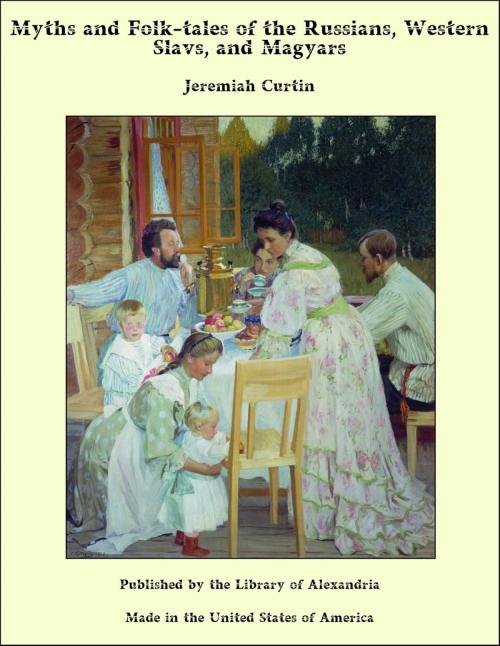
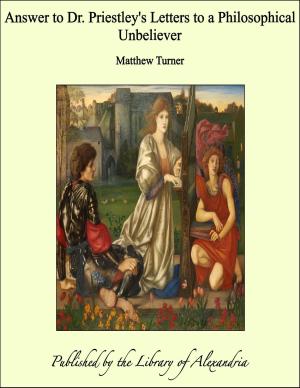

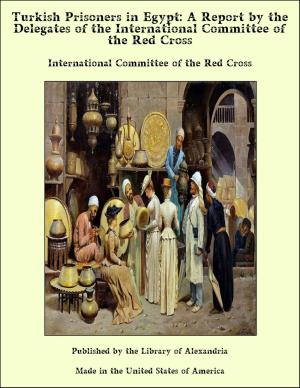



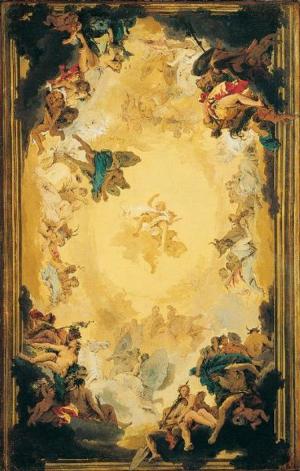

![Cover of the book His Excellency [Soin Exc. Eugene Rougon] by Jeremiah Curtin](https://www.kuoky.com/images/2015/march/300x300/9781465618795-VsUX_300x.jpg)
